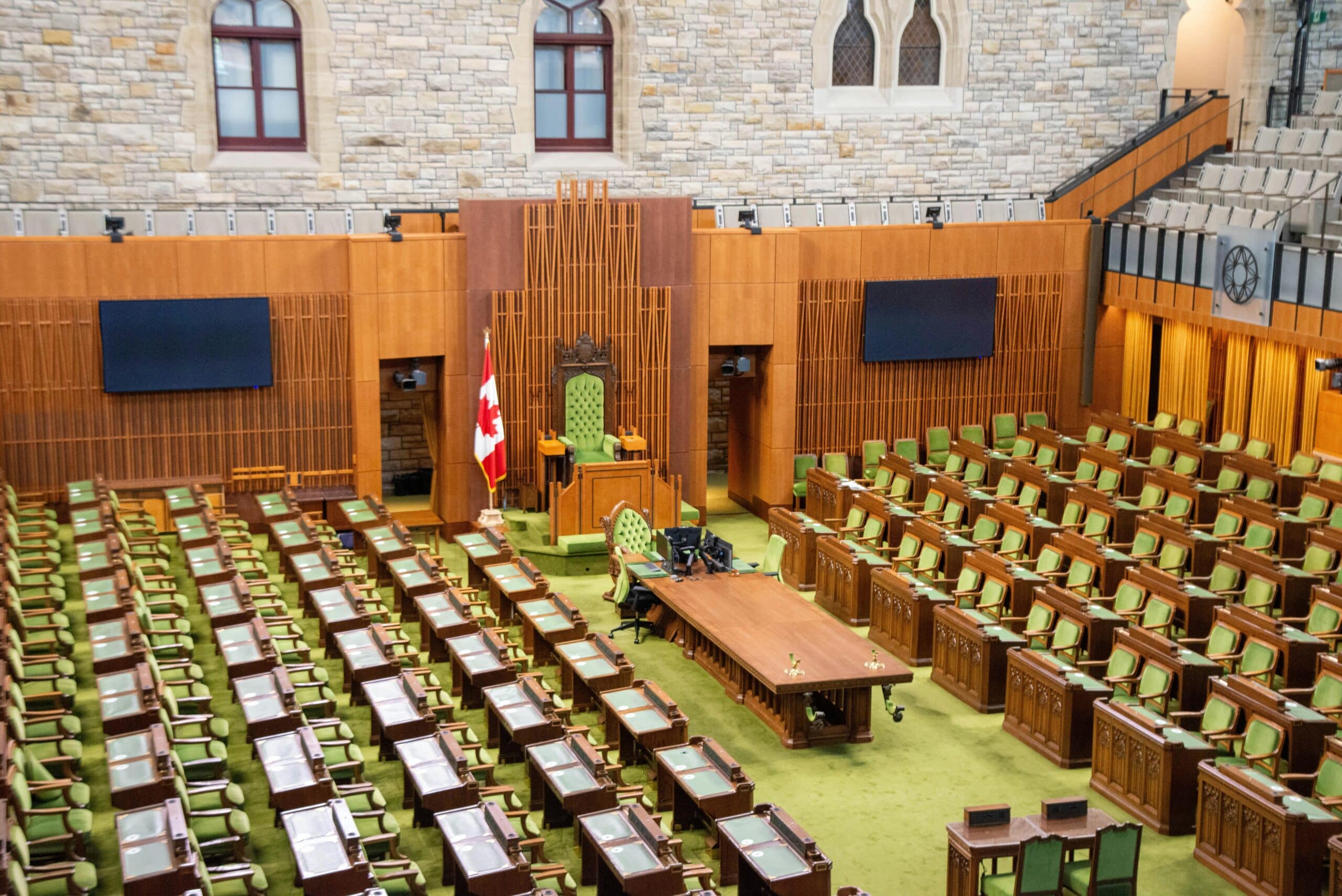IRS Overruled & Potential Refunds
If you are a US expat taxpayer, the latest court ruling comes as welcome news to you. A US federal court has overturned a controversial IRS position which may create a potential refund opportunity. After years of double taxation, the court has ruled that US expats can apply foreign tax credits (“FTC”) to offset their Net Investment Income Tax (“NIIT”), which the IRS had previously disallowed.
NIIT In a Nutshell
The Net Investment Income Tax is a 3.8% surtax on various items of investment income. Only individual taxpayers with modified adjusted gross income above certain thresholds are subject to the NIIT. The threshold for most taxpayers is $125,000 and for taxpayers filing Married Filing Joint returns the threshold is $250,000.
IRS Position & Double Taxation Overturned
Since the introduction of NIIT in 2013, the IRS has maintained that because the NIIT is under Chapter 2A of the Internal Revenue Code (“IRC”) it is not an income tax, and thus not eligible to be offset by any FTCs generated in foreign counties on investment income sourced to those countries. Their reasoning is twofold: 1) tax treaties with other countries are specific to income tax, and the NIIT is not an income tax, and 2) even if NIIT were an income tax, the “last in time” rule could be asserted to supersede any treaty ratified prior to the enactment of any tax provision, such as the NIIT.
Since the Canada Revenue Agency asserts its right under the Canada-US Income Tax Treaty to tax investment income sourced to Canada before the US, US Citizens domiciled in Canada have been subject to both Canadian tax and US NIIT on the same investment income, without being allowed to apply the Canadian tax paid as an FTC to offset the NIIT.
On December 5, 2024, the US federal court ruling in Paul Bruyea v United States overturned the IRS’s above position, explaining that it is not the intent of tax treaties to exclude non-income taxes, and it was not the intent of Congress to exclude treaty and FTC applicability from NIIT. As a result, US citizens domiciled in Canada would be able utilize FTCs generated in Canada on investment income to offset NIIT, thus eliminating the double taxation.
Our Course of Action
Although the IRS plans to appeal the above ruling, we recommend that you consider filing “protective refund” claims. We will be reviewing our clients’ prior years’ filings to identify potential claims before the three-year statute of limitations for filing such claims expires. In the event that the IRS’s appeal of the decision fails, you will retain your right to obtain refunds for taxes you paid on “old returns”.
Please get in touch with Howard Blumenfeld (hb@zeifmans.ca or 647-256-7733) or Chaim Rosner (cyr@zeifmans.ca or 647-256-7668) for any questions.



